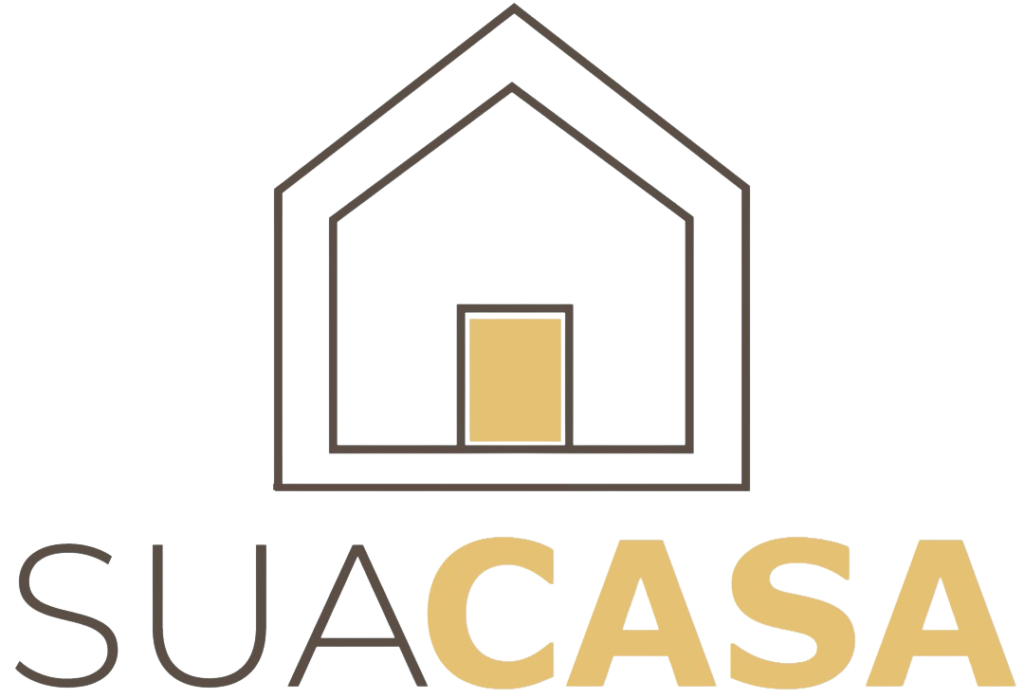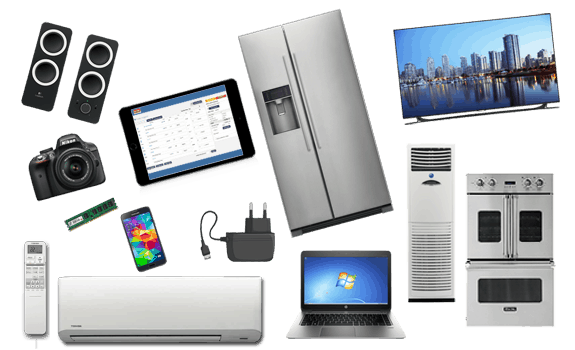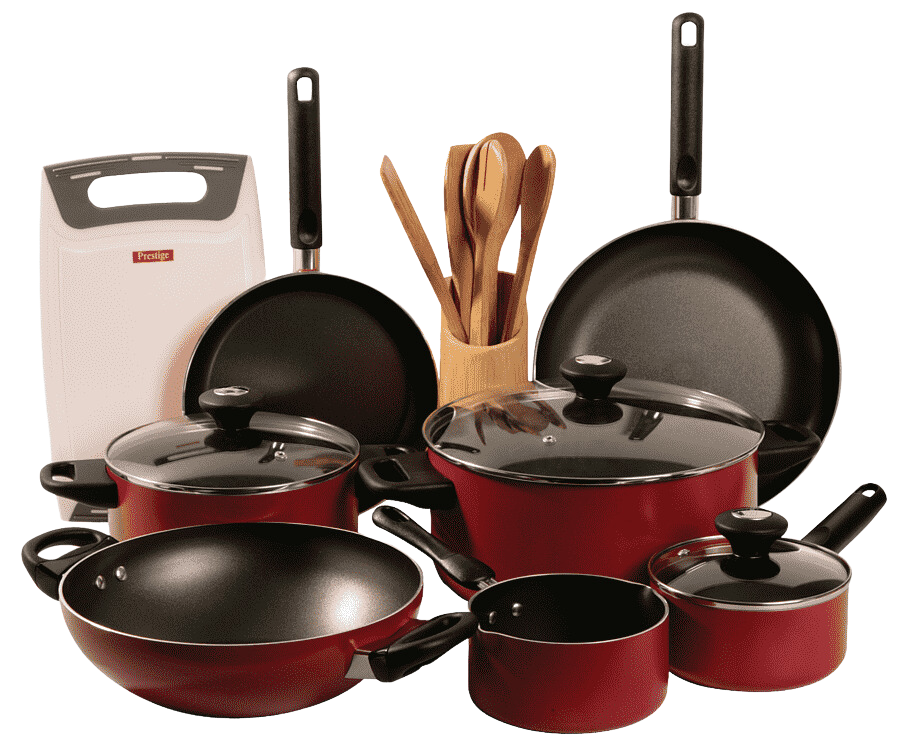Airbnb is piloting a new kitchen stocking service in partnership with Instacart, starting January 5, 2026, in Phoenix, Orlando, and Los Angeles. Guests can order groceries directly through the Airbnb app up to three weeks before arrival. Hosts who opt in will receive the Instacart delivery, unpack the bags, organize the kitchen, and earn a $25 payout per completed order, plus a one-time $100 bonus.
The feature itself is simple. But once you examine how it works, who carries the workload, and how it fits into Airbnb’s broader strategy, it becomes clear that this pilot is about far more than groceries.
This test provides a glimpse into Airbnb’s next phase: deepening its role as a travel lifestyle platform.
Guests staying in Airbnbs often already order groceries as soon as they arrive, sometimes even on the way from the airport. Kitchen use has been a core part of the Airbnb value proposition from the early days, and “kitchen” was one of the most-used filters when Airbnb still displayed top amenities up front.
Guests expect to settle in quickly, cook a few meals, and treat the home as their own. Grocery delivery is already part of the Airbnb stay.
All Airbnb has done here is insert itself into a behavior that guests already perform, but outside the Airbnb ecosystem. The Instacart integration:
- keeps the ordering inside the Airbnb app,
- adds convenience for the guest,
- allows hosts to earn extra income, and
- gives Airbnb visibility into what guests buy and how they use the listing.
Whether Airbnb earns revenue from the integration isn’t public, but the data value is obvious.
Airbnb Services—chef-prepared dinners, wellness sessions, on-demand classes—are booked and delivered independently of the host. Often, hosts aren’t even aware the service happened. Services are also positioned at higher price points and have attracted significant interest from local residents, not just travelers.
Kitchen stocking is different in three important ways:
- The host is required for fulfillment.
They must receive the order, unpack it, and organize the kitchen. This adds labor and operational coordination. - It happens inside the listing.
Services can be external experiences; kitchen stocking is closer to a turnover task. - It introduces real-world compliance considerations.
Airbnb links directly to USDA food safety guidelines. That means rules on refrigeration windows, cross-contamination, sanitizing surfaces, and proper handling of raw items.
This is a very different category of activity, one with logistical constraints that do not exist for Experiences or Services.
While kitchen stocking doesn’t resemble Airbnb’s consumer-facing Services offering, it does resemble something Airbnb has been quietly building for years: a host services marketplace.
This upcoming marketplace (not yet launched, but increasingly visible through Airbnb’s product patterns) is designed to connect hosts with third-party tools and services that can:
- streamline operations,
- improve listing quality,
- deliver new revenue streams,
- or help hosts offer add-on value to guests.
Kitchen stocking fits this model because it:
- is operational in nature,
- requires host or co-host participation,
- sits adjacent to cleaning/turnover work,
- and introduces a new revenue task hosts can accept or decline.
Airbnb is effectively testing a small, controlled version of task-based earnings for hosts, something much closer to a service marketplace than to Experiences or Services.
This test helps Airbnb learn:
- how many hosts are willing to perform small paid tasks,
- how often guests want pre-arrival services,
- what operational friction points exist,
- whether grocery stocking can be routed through co-hosts,
- and how task payouts influence adoption.
It’s a small pilot, but it mirrors exactly the sort of host-support services Airbnb would eventually sell through a centralized marketplace.
Once you look at the practical steps, the pilot starts to look more complicated from the host’s perspective.
Hosts are instructed—explicitly—to follow USDA food safety guidelines when unpacking and stocking items. These guidelines include:
- refrigerating perishables within strict time windows,
- separating raw meats from ready-to-eat foods,
- sanitizing surfaces after handling poultry,
- using safe thawing and storage practices,
- and avoiding cross-contamination.
This is not a casual “put the milk in the fridge” job. It pulls hosts into a role adjacent to food handling, with all the safety considerations that come with it.
Guest complaints about the order, meanwhile, are routed to Instacart through the Airbnb app. Airbnb isn’t taking responsibility for errors, spoiled items, or delivery issues. Yet the host is the one physically managing the food.
This creates an odd triangle of responsibility:
- Instacart handles delivery.
- Hosts handle storage and compliance.
- Airbnb owns the interface, but not the risk.
It’s a neat structure for Airbnb, less so for hosts.
For individual hosts, kitchen stocking may be simple. For professional managers with 20, 50, or 200+ listings, it introduces significant friction.
Here’s why:
Delivery windows probably won’t align with cleaning schedules.
Most PMCs operate on tight turnover blocks. Instacart deliveries will not respect those rhythms.
Perishables have strict storage requirements.
Food often needs to be refrigerated within 1–2 hours. That means extra trips or leaving staff waiting on-site.
Tasks cannot be grouped or batched, so far.
Instacart treats each delivery as a separate job. A PMC managing multiple units in one building could still receive five different delivery windows.
The work sits outside existing SOPs.
PMCs don’t typically train staff in food safety or cross-contamination prevention.
No API or operational tool integration exists yet.
Turnover software doesn’t have workflows for grocery unpacking, safety compliance, or messaging guests upon completion.
For many PMCs, the $25 payout per order won’t cover the labor cost of reorganizing teams to accommodate unpredictable delivery windows, especially on peak turnover days.
Even if revenue details remain undisclosed, the strategic benefits are clear.
1. First-party data on guest preferences
This includes:
- dietary habits,
- cooking behavior,
- household composition,
- spending patterns,
- preferred brands.
This data can support:
- personalized recommendations,
- targeted offers,
- dynamic bundling,
- and future partnerships.
2. Increased in-app engagement
Ordering groceries inside Airbnb keeps guests tied to the app during the pre-arrival period—a window Airbnb has been trying to strengthen for years.
3. A potential template for future operational add-ons
If kitchen stocking works, Airbnb could expand task-based host earnings:
- equipment setup,
- extra amenities,
- pre-arrival requests,
- welcome baskets,
- and more.
This is incremental value layered on top of the booking itself.
The kitchen stocking pilot is modest in scope: three cities, three months, invited hosts only. But its implications are much larger.
It tells us that Airbnb is:
- experimenting with host-fulfilled tasks,
- inserting itself into guest routines that previously happened off-platform,
- gathering richer behavioral data,
- strengthening in-app engagement,
- and taking incremental steps toward the long-anticipated host services marketplace.
And it surfaces important questions for hosts and PMCs about operational load, responsibility, and compensation, questions Airbnb will need to address if it rolls out broader task-based features in the future.
For now, kitchen stocking is optional. But it won’t be the last time Airbnb introduces host-involved services designed to extend its reach beyond accommodation and deeper into guest experience, personalization, and operational ecosystems.
Uvika Wahi is the Editor at RSU by PriceLabs, where she leads news coverage and analysis for professional short-term rental managers. She writes on Airbnb, Booking.com, Vrbo, regulations, and industry trends, helping managers make informed business decisions. Uvika also presents at global industry events such as SCALE, VITUR, and Direct Booking Success Summit.







